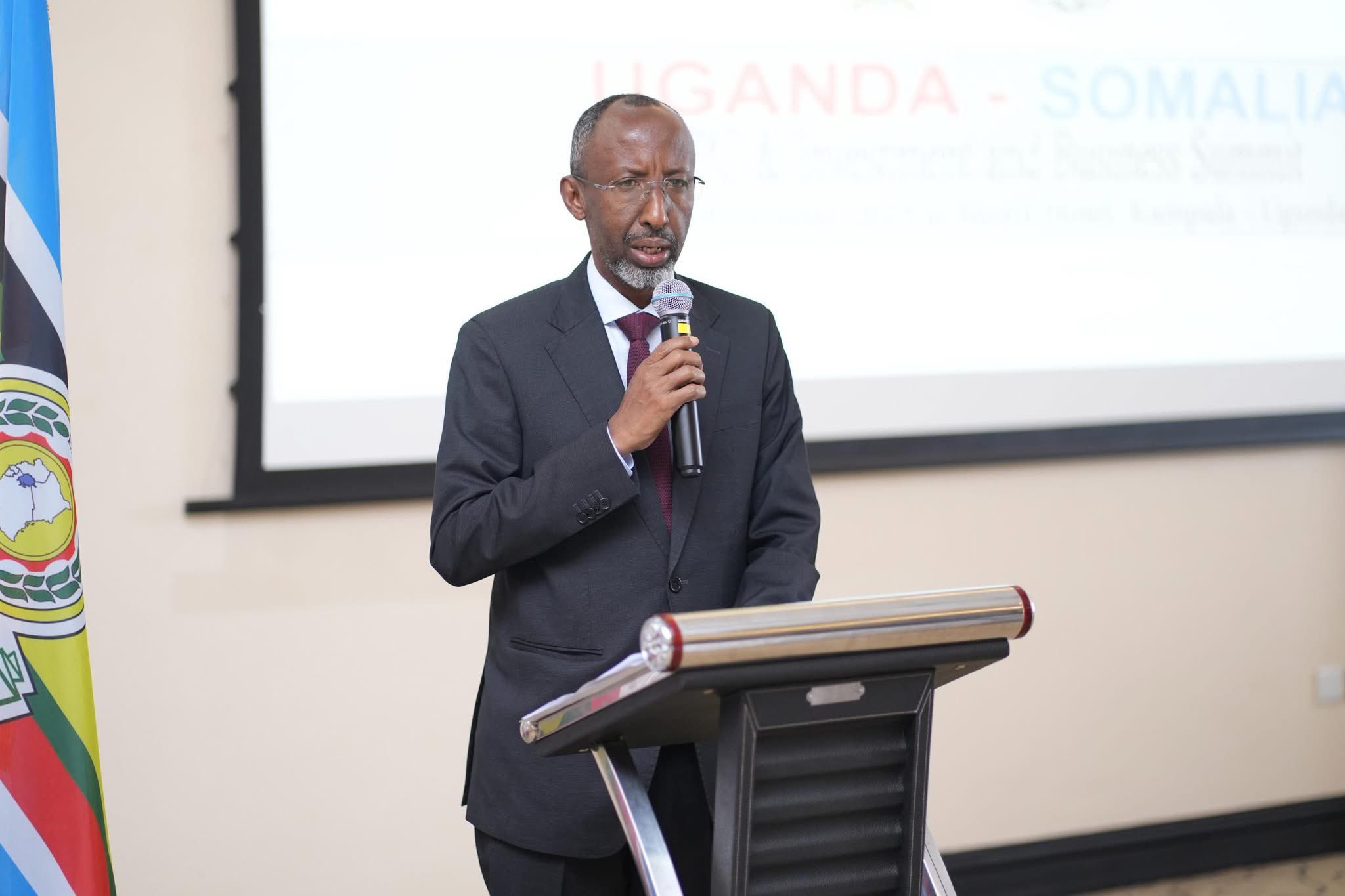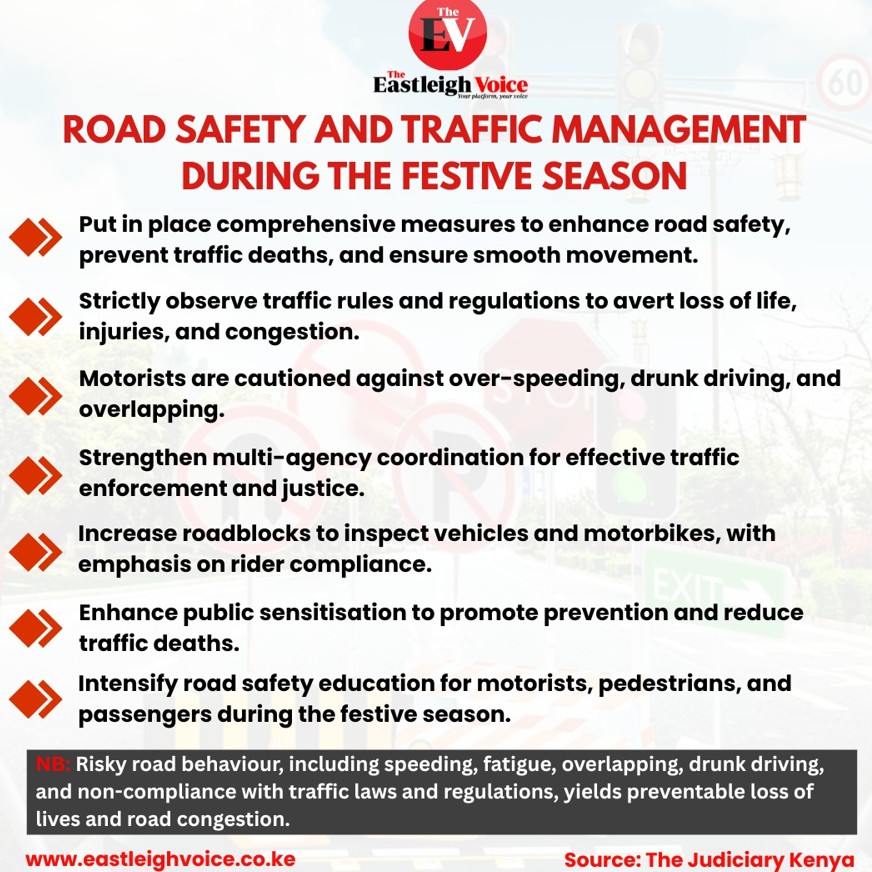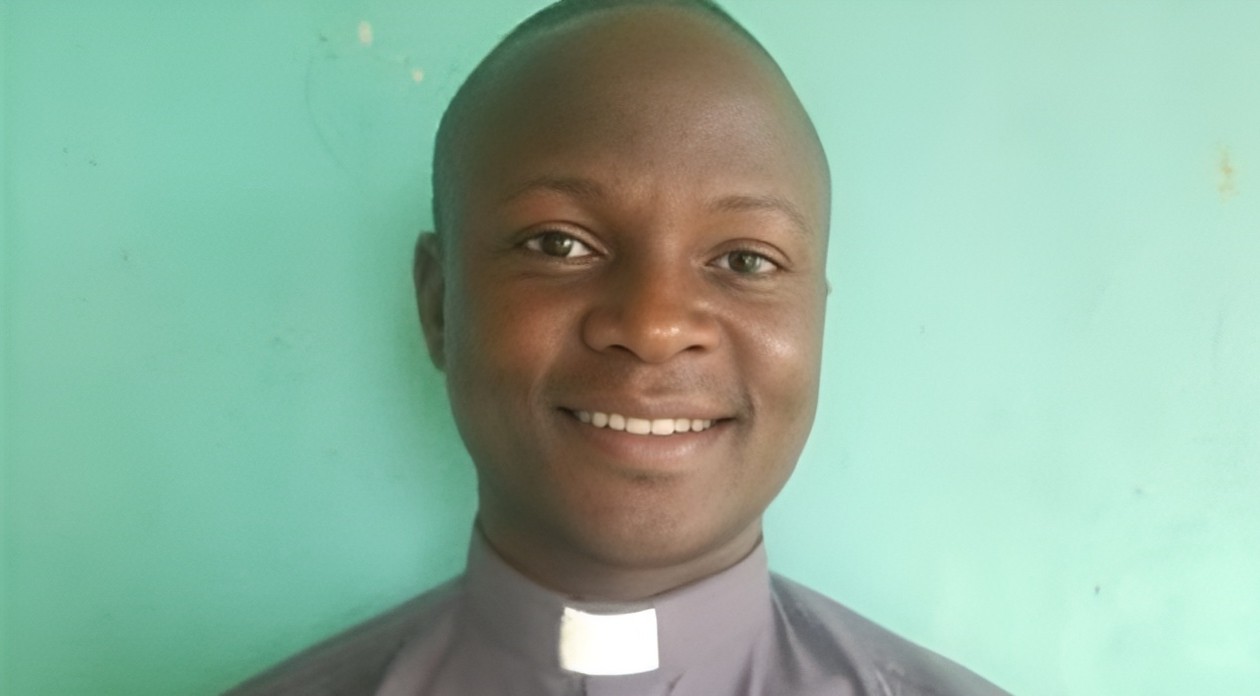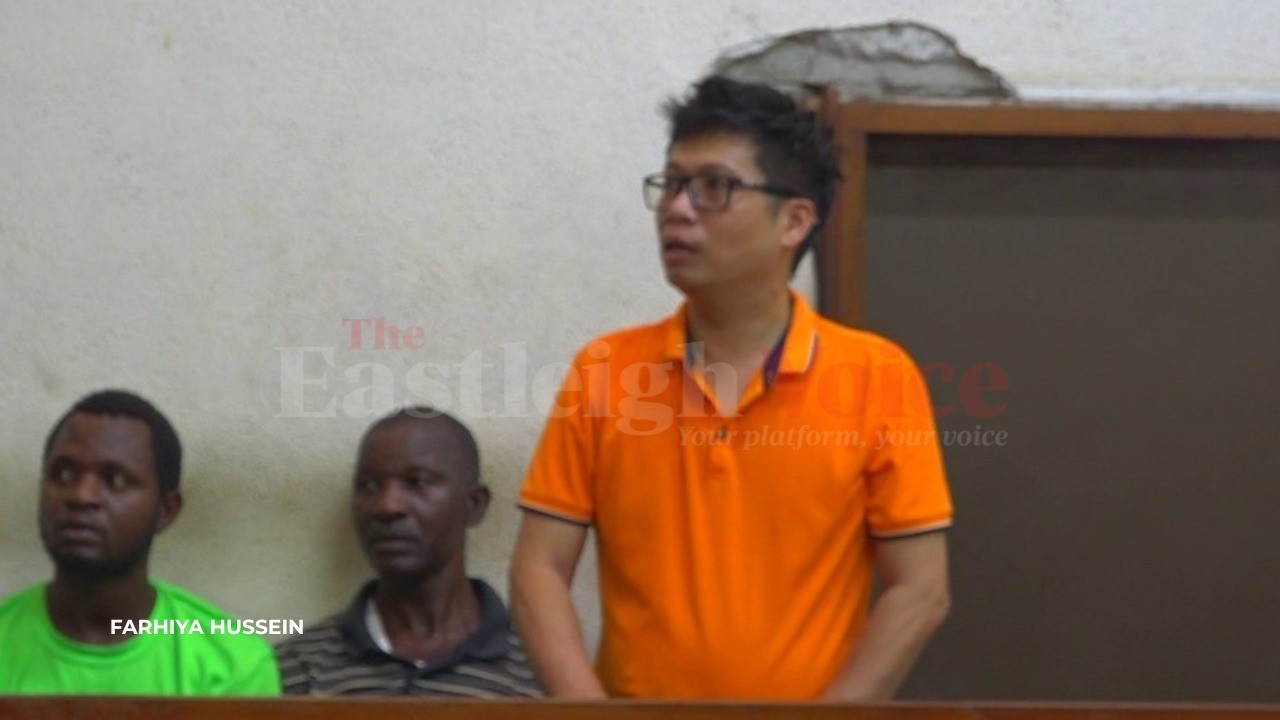Kenya's small-scale farmers to benefit from Sh10.9 billion funding boost
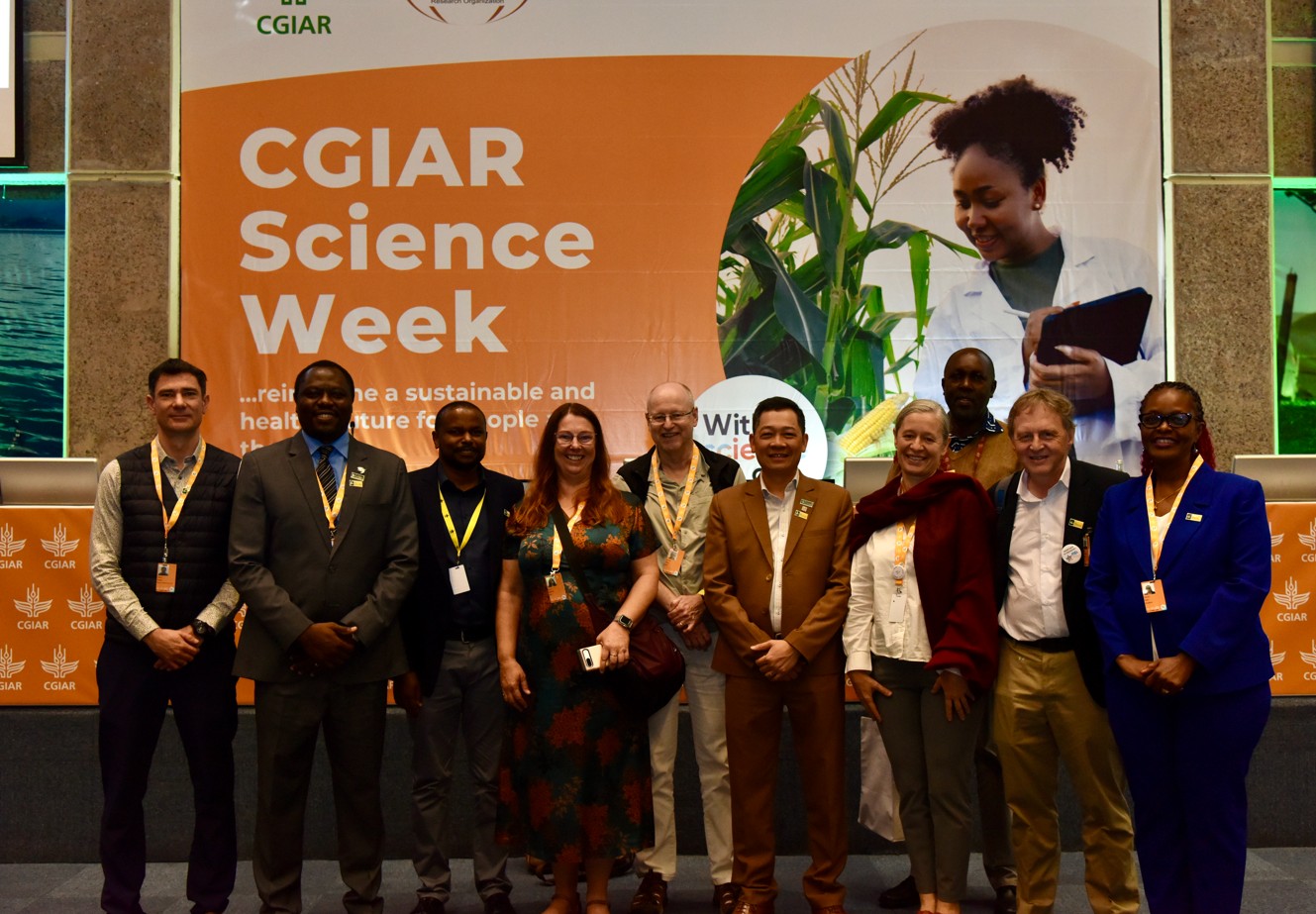
The funding initiative aims to enhance food security and sustainability for the country’s growing population amid increasing threats posed by climate change, environmental degradation and long-standing systemic inequalities.
Small-scale livestock and aquatic farmers in Kenya are set to benefit from a $84 million (Sh10.9 billion) scale-up funding announced in a Nairobi Agriculture summit.
This is through the newly unveiled Sustainable Animal and Aquatic Foods (SAAF) Science Program, which is part of the Consultative Group on International Agricultural Research (CGIAR).
More To Read
- Ruto hails agricultural reforms, cites registration of seven million farmers in digital drive
- High interest rates, collateral gaps still hindering farmers' access to credit – CBK survey
- Wheat traders to enjoy continued tax relief after EAC deal
- Small-scale farmers get Sh10.2 billion boost as state prioritises agricultural transformation
- Business operators protest excessive permits and taxes, demand unified permit system
- Why innovation investment falters despite businesses’ thirst - study
CGIAR is a global partnership that unites international organisations engaged in research about food security, with a core mandate of reducing rural poverty, increasing food security, and improving human health and nutrition.
The funding initiative aims to enhance food security and sustainability for the country’s growing population amid increasing threats posed by climate change, environmental degradation and long-standing systemic inequalities.
It also seeks to bridge the widening productivity gap by improving access to resources, technology and markets for rural farmers.
At a high-level session during the summit, experts argued that animal and aquatic food systems are facing unprecedented pressure amidst a rising global population, which is estimated to hit 10 billion by 2050.
“We cannot afford business as usual. Demand for animal-source foods will rise by 30 per cent by 2050. Low and Middle-Income Countries will drive this growth, along with associated emissions,” said Rodrigue Yossa, interim director of the SAAF program.
Notably, the programme is poised to address the production challenges through six integrated areas of work that target the complexity of animal and aquatic food systems.
These include improving productivity through genetics and animal health; advancing regenerative aquaculture and low-emission livestock systems; ensuring food production is safe and healthy for people, animals, and ecosystems using One Health approaches; and expanding opportunities for women and youth across value chains.
The program also seeks to leverage cutting-edge digital innovations such as AI and blockchain to drive smart decisions, while enabling inclusive, data-driven markets that support smallholder producers.
In his deliberations, Yossa added that the new funding programme, which will run for six years, will work in 16 other countries from Africa, Asia, South America and the Pacific.
These include Ethiopia, Bangladesh, Colombia and Ghana, with a target of reaching more than 1.7 million people.
On her part, Kenya’s Director of Fisheries, Lucy Obungu, policy gaps and high feed costs stifle small-scale fishers, hence acknowledges that the programme’s focus on aquaponics, digital tools, and gender equity will revolutionise Kenya’s blue economy.
Top Stories Today








